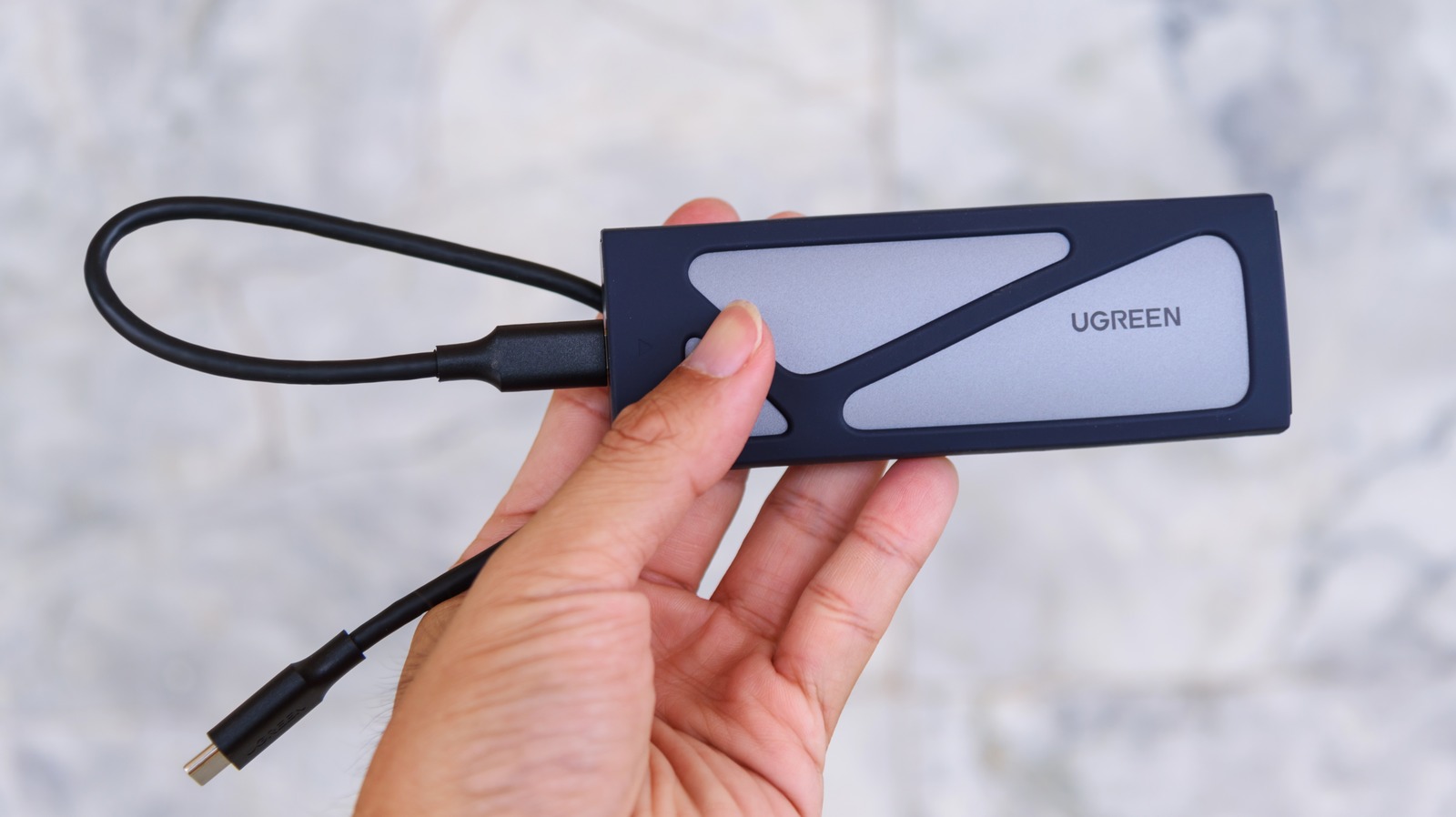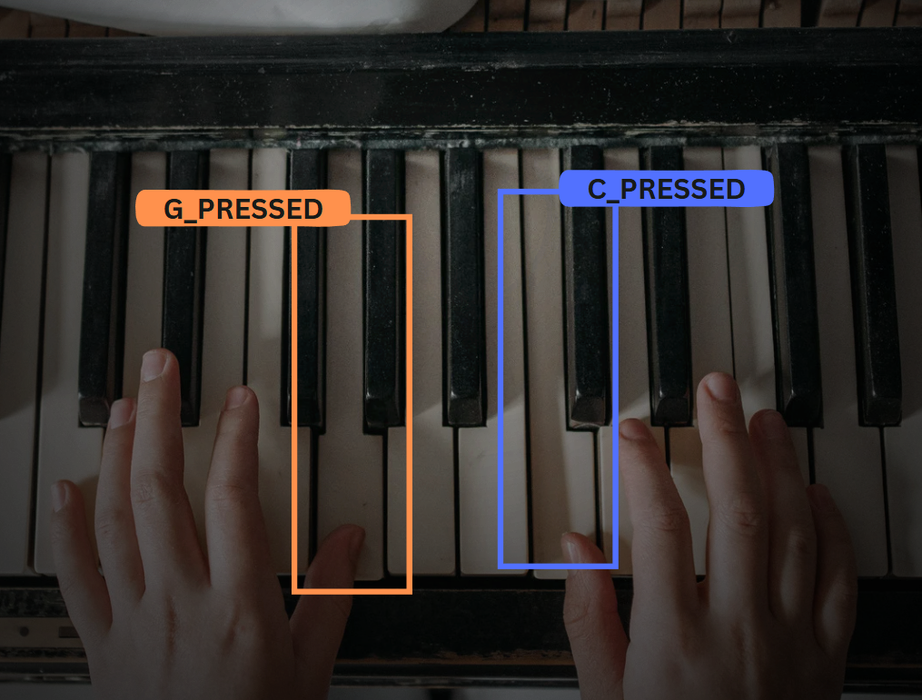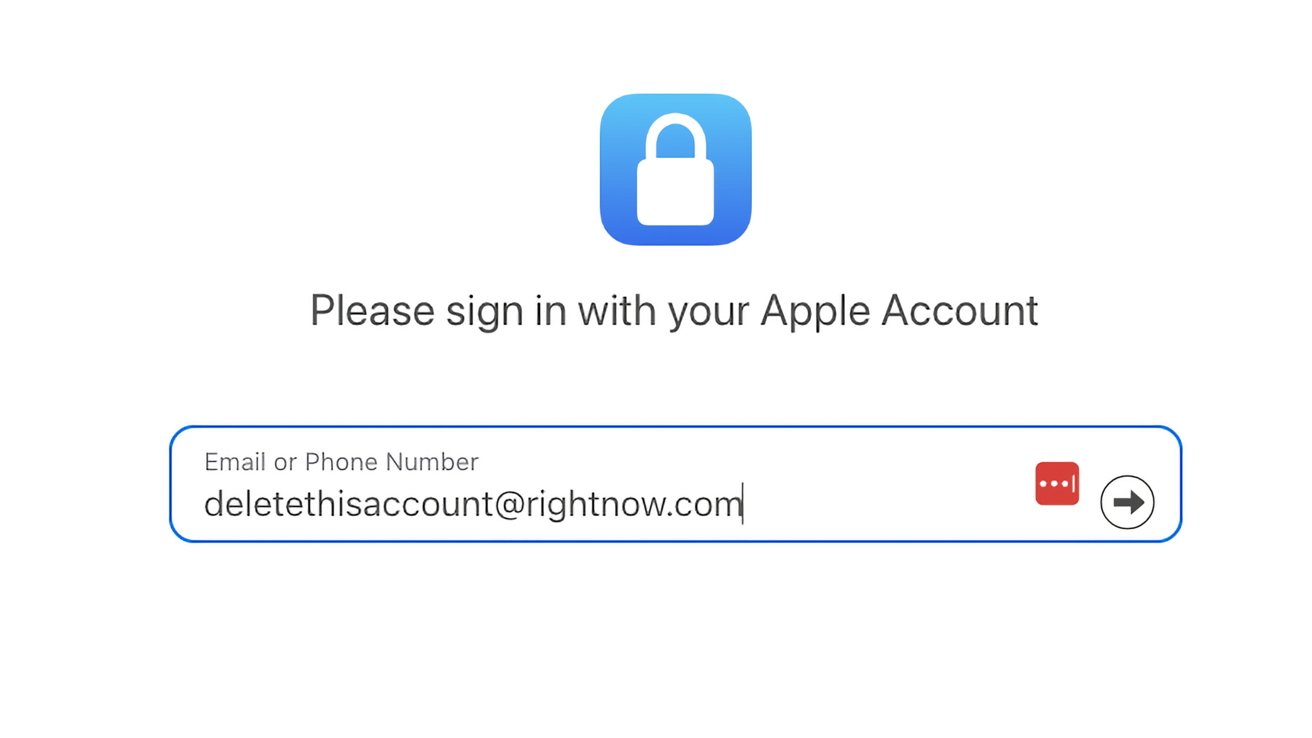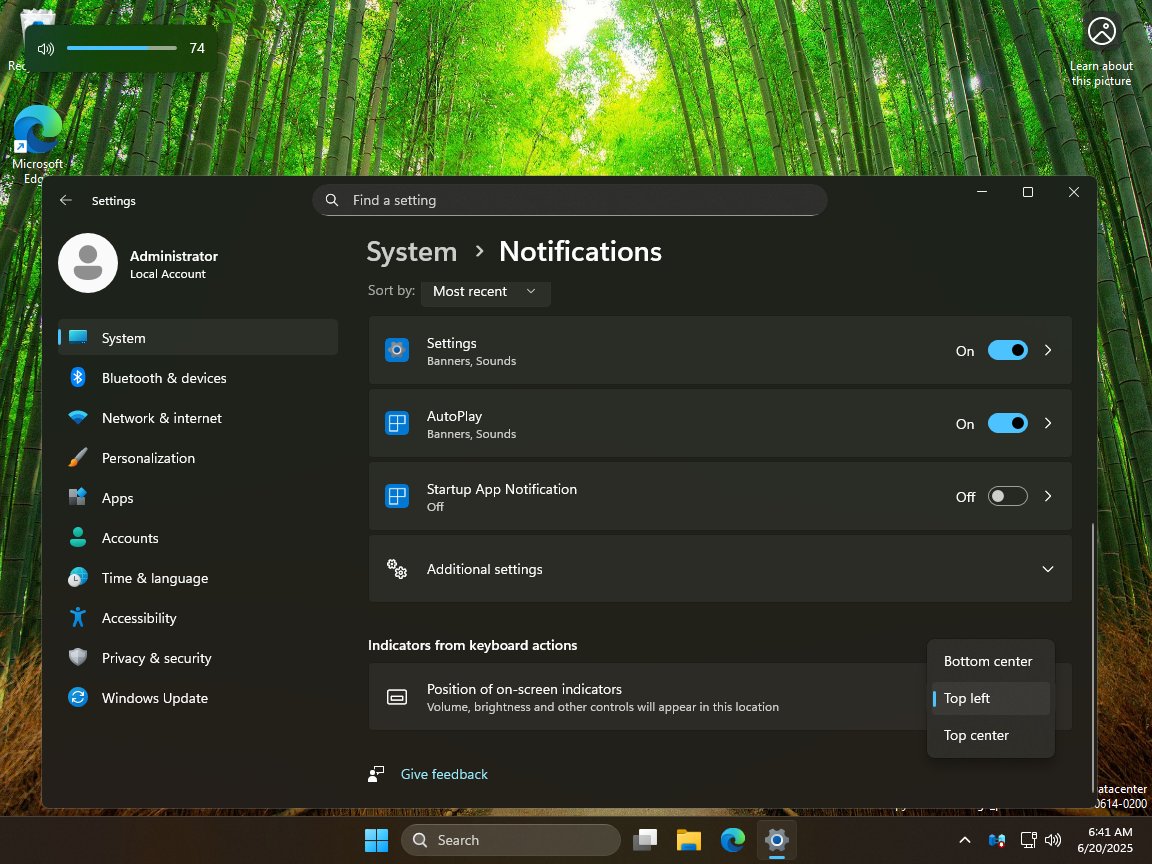Critical Meshtastic Vulnerability Let Attackers to Decrypt Private Messages
A critical security vulnerability has been discovered in Meshtastic firmware that could allow attackers to decrypt private messages sent between devices. The flaw, assigned a CVSS score of 9.5 out of 10, affects all versions above 2.5.0 and stems from repeated public/private key pairs generated during hardware flashing procedures. This vulnerability poses significant risks to […] The post Critical Meshtastic Vulnerability Let Attackers to Decrypt Private Messages appeared first on Cyber Security News.

Summary
1. Meshtastic firmware above v2.5.0 has a severe security flaw allowing attackers to decrypt private messages.
2. Duplicate cryptographic keys and poor randomness in key generation created predictable, compromised keys across devices.
3. Attackers can read encrypted messages and gain unauthorized admin access to mesh network nodes.
4. Update to v2.6.11 immediately and perform factory reset using meshtastic --factory-reset-device command.A critical security vulnerability has been discovered in Meshtastic firmware that could allow attackers to decrypt private messages sent between devices.
The flaw, assigned a CVSS score of 9.5 out of 10, affects all versions above 2.5.0 and stems from repeated public/private key pairs generated during hardware flashing procedures.
This vulnerability poses significant risks to the privacy and security of mesh network communications, potentially exposing sensitive user data to malicious actors who have compiled lists of compromised cryptographic keys.
Meshtastic Cryptographic Implementation Flaws
The security flaw originates from two distinct but related issues in the Meshtastic firmware’s cryptographic implementation.
First, several hardware vendors’ flashing procedures were inadvertently creating duplicated public/private key pairs across multiple devices.
This means that different Meshtastic nodes could end up sharing identical cryptographic credentials, fundamentally undermining the security model that assumes each device has unique keys.
The second critical issue involves the improper initialization of the randomness pool in the rweather/crypto library used by Meshtastic.
On certain platforms, this library was failing to properly seed its internal randomness source, resulting in low-entropy key generation.
Low entropy in cryptographic key generation is particularly dangerous because it makes keys predictable and significantly easier for attackers to crack or guess through brute-force methods.
The vulnerability creates multiple attack vectors that compromise both direct messaging and remote administration features.
When users with affected key pairs send Direct Messages through the mesh network, these communications can be intercepted and decrypted by attackers who possess the corresponding private keys from the compromised key list.
The remote administration functionality faces dual exposure paths. If a compromised key is added as a remote administrator, any individual with access to that private key could gain administrative control over the node.
In scenarios where the remotely administered node itself possesses the compromised key pair, attackers could determine an authorized administrator’s public key, use the compromised private key to generate the resulting shared_key, and subsequently impersonate legitimate administrators to send malicious commands.
Patch Available
Meshtastic has released version 2.6.11 as an immediate response to address these vulnerabilities.
This patch implements several protective measures, including warning users when compromised keys are detected and delaying key generation until the first time the LoRa region is configured, effectively eliminating the vendor cloning issue.
The update also incorporates multiple randomness sources during rweather/crypto RND initialization to ensure higher entropy key generation.
For immediate protection, users can perform a complete device wipe using the Python Command Line Interface with the command: meshtastic –factory-reset-device.
For users requiring maximum security assurance, generating truly high-entropy keys using OpenSSL is recommended: openssl genpkey -algorithm x25519 -outform DER | tail -c32 | base64.
Version 2.6.12 will automatically remove known compromised keys when detected, providing additional automated protection for affected users.
Are you from SOC/DFIR Teams! - Interact with malware in the sandbox and find related IOCs. - Request 14-day free trial
The post Critical Meshtastic Vulnerability Let Attackers to Decrypt Private Messages appeared first on Cyber Security News.














































































































































































![[The AI Show Episode 154]: AI Answers: The Future of AI Agents at Work, Building an AI Roadmap, Choosing the Right Tools, & Responsible AI Use](https://www.marketingaiinstitute.com/hubfs/ep%20154%20cover.png)
![[The AI Show Episode 153]: OpenAI Releases o3-Pro, Disney Sues Midjourney, Altman: “Gentle Singularity” Is Here, AI and Jobs & News Sites Getting Crushed by AI Search](https://www.marketingaiinstitute.com/hubfs/ep%20153%20cover.png)






















































































































![[FREE EBOOKS] The Chief AI Officer’s Handbook, Natural Language Processing with Python & Four More Best Selling Titles](https://www.javacodegeeks.com/wp-content/uploads/2012/12/jcg-logo.jpg)



















































.png?width=1920&height=1920&fit=bounds&quality=70&format=jpg&auto=webp#)



















![GrandChase tier list of the best characters available [June 2025]](https://media.pocketgamer.com/artwork/na-33057-1637756796/grandchase-ios-android-3rd-anniversary.jpg?#)




































































_Frank_Peters_Alamy.jpg?width=1280&auto=webp&quality=80&disable=upscale#)



















































































![Watch a video & download Apple's presentation to get your parents to buy you a Mac [U]](https://photos5.appleinsider.com/gallery/64090-133432-The-Parent-Presentation-_-How-to-convince-your-parents-to-get-you-a-Mac-_-Apple-1-18-screenshot-xl.jpg)






























![iPhone 17 Pro to Feature Vapor Chamber Cooling System Amid 'Critical' Heat Issue [Rumor]](https://www.iclarified.com/images/news/97676/97676/97676-640.jpg)
![Apple May Make Its Biggest Acquisition Yet to Fix AI Problem [Report]](https://www.iclarified.com/images/news/97677/97677/97677-640.jpg)
![Apple Weighs Acquisition of AI Startup Perplexity in Internal Talks [Report]](https://www.iclarified.com/images/news/97674/97674/97674-640.jpg)
![Oakley and Meta Launch Smart Glasses for Athletes With AI, 3K Camera, More [Video]](https://www.iclarified.com/images/news/97665/97665/97665-640.jpg)



































































